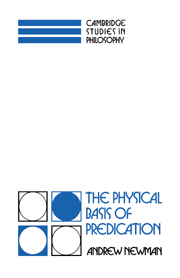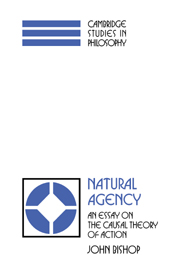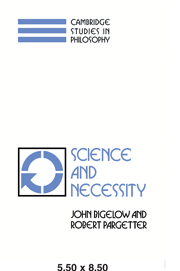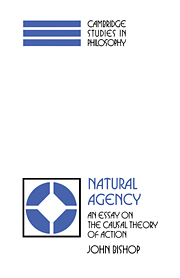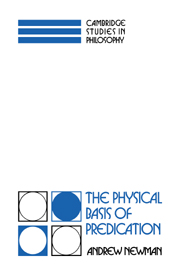The Correspondence Theory of Truth
This work presents a version of the correspondence theory of truth based on Wittgenstein's Tractatus and Russell's theory of truth and discusses related metaphysical issues such as predication, facts, and propositions. Like Russell and one prominent interpretation of the Tractatus, it assumes a realist view of universals and argues that facts as real entities are not needed. It will intrigue teachers and advanced students of philosophy interested in the conception of truth and in the metaphysics related to the correspondence theory of truth.
- A defence of the correspondence theory of truth has not been published in a long time
- It discusses the views of Russell and Wittgenstein on truth
- It contains a systematic account of the nature of facts and of the nature of propositions
Reviews & endorsements
"The Correspondence Theory of Truth is a welcome addition to the literature on truth ... Newman has done a thorough job of providing us with such an account. His book should be at the forefront of the debate about the nature of truth for a long time to come." Philosophy in Review
Product details
January 2005Adobe eBook Reader
9780511029851
0 pages
0kg
This ISBN is for an eBook version which is distributed on our behalf by a third party.
Table of Contents
- Acknowledgements
- Introduction
- 1. Universals, predication and truth
- 2. The univocity of truth
- 3. The correspondence theory for predicative sentences
- 4. Russell's theory of truth and its principal problems
- 5. How predicative beliefs correspond to the world
- 6. The metaphysics of facts
- 7. The metaphysics of propositions
- 8. The correspondence theory and complex propositions
- Bibliography
- Index.


